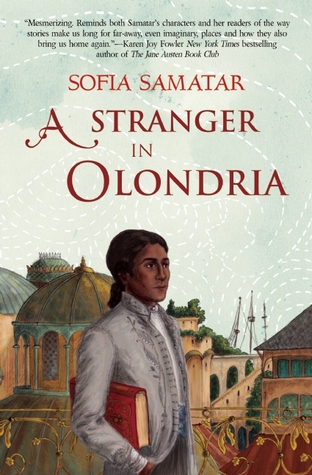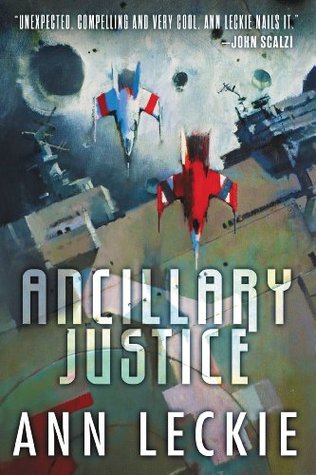I ended up having an interesting chat with one of my colleagues from Beeminder a few days ago, which prompted me to write this down as a post idea. We both follow the Hugos and try to vote, or at least decide how we would vote, and he mentioned being torn on the subject of the Hugo for Best Series.
To refresh our memories, here’s the requirements for the Best Series award:
“The best science fiction or fantasy series of at least 3 volumes and 240,000 words, with a work published in the prior calendar year.”
In some ways, it does seem a little unbalanced to have a whole series being judged at once. Sometimes the first book is amazing and the most recent book ruins everything, or vice versa, but you still want to reward the worthy book. Sometimes a series just by virtue of being a popular or long-running series gets a huge advantage — think of the Wheel of Time, for example: people were worried that it would win by default by just having had a lot of time to attract fans who would vote for it. (That didn’t turn out to be the case, though.)
In other ways, well, I love the idea of taking a step back once a series is over and thinking about whether it really hung together as a series, whether the whole was greater than the sum of its parts. There are some stories where the ending just turns everything else on its head, and I’d give all the awards to a series that really got me that way.
And yet, that’s not what the award is for: it doesn’t specify the series must be over, just that there must have been an installment published in the prior calendar year. That for me is the downfall of the series Hugo: instead of being about awarding something to a series that was really great as a whole, it becomes an award for a series which people are excited about. You have to start thinking about it in terms of just the last book, whatever that was, because you don’t know how everything is going to come together at the end.
That said, I’m really torn about the choices this year. I love both Marie Brennan’s books and Robert Jackson Bennett’s books, and I’d love to see both of them win all the awards ever — and in this case they’re both completed series, too, so they won’t have another chance next year (another thing I’m not sure I love about the series Hugo — is there anything stopping the same regular series being nominated again and again?). Gaaah.
So what do you think? Pro-Best Series award? Anti-Best Series award? Completely torn? Don’t care about the Hugos? (I’ll grant this post is, after all, really only relevant to my SF/F buddies!)

 k’s life is as close to perfect as he can imagine. But just as he revels in Olondria’s Rabelaisian Feast of Birds, he is pulled drastically off course and becomes haunted by the ghost of an illiterate young girl.
k’s life is as close to perfect as he can imagine. But just as he revels in Olondria’s Rabelaisian Feast of Birds, he is pulled drastically off course and becomes haunted by the ghost of an illiterate young girl. When a young scientist is caught improving Nexus, he’s thrust over his head into a world of danger and international espionage – for there is far more at stake than anyone realizes.
When a young scientist is caught improving Nexus, he’s thrust over his head into a world of danger and international espionage – for there is far more at stake than anyone realizes.